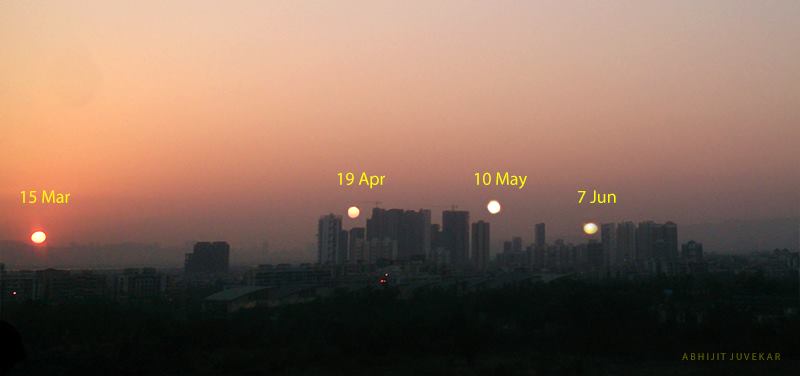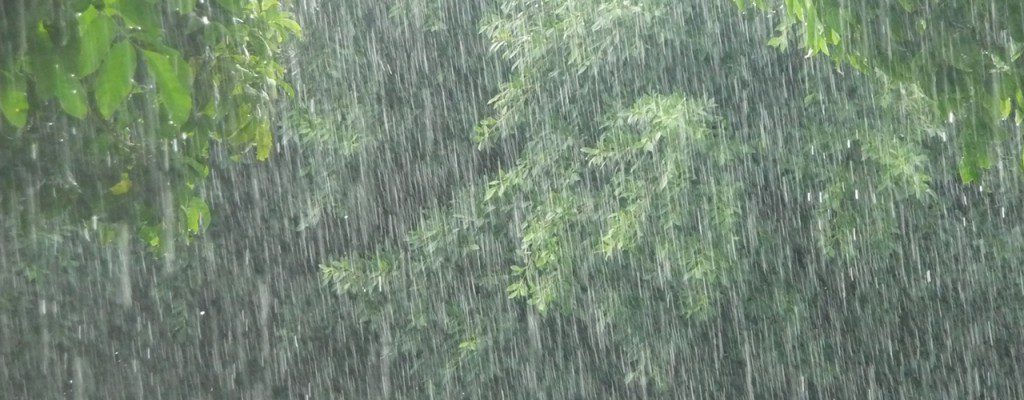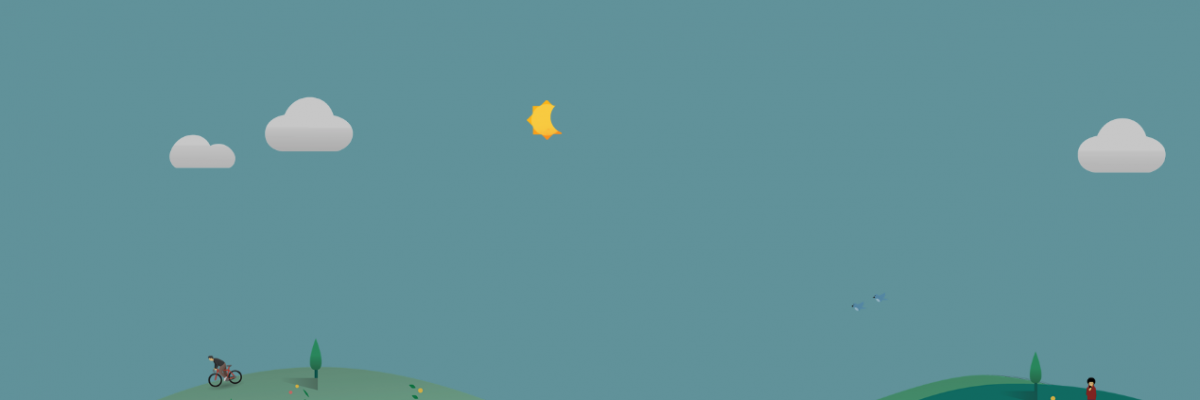Climate science
-

NASA’s ClimateBits has an excellent short video on what an urban heat island is. You can watch it below from YouTube. The urban heat island can be seen in cities as small as Athens GA (population about 115,000) and I think you could even see effects in smaller cities with distinct urban centers. In Athens…
-

If you’ve been following the travel news the last few days, as I have, you might have noticed that the Phoenix Sky Harbor Airport has had to cancel some flights because of record-setting high temperatures there this week. Newser.com has a short article about it here. If you’re interested in the science behind why planes…
-

If you are in the Central Time Zone or farther west, the summer solstice is today. But if you are in the Eastern Time Zone, it’s technically tomorrow because the solstice occurs this year at 12:24 am EDT on June 21 which is the same as 11:24 pm CDT on June 20. Those time zones!…
-

A recent study by NASA scientists shows that climatologists may be underestimating the amount of rain that might fall in the future because of underestimates in the loss of high-level clouds in the tropics. You might think that less clouds means less rain, not more, but because these high clouds can change the energy balance…
-

EarthSky had an interesting post this morning about why sunsets take longer when you are near a solstice, as we are (the summer solstice is coming up next week). You might be interested in reading more about it. You can see the article here.
Posted in: Climate science -

Here’s an interesting article from Fivethirtyeight.com about why NOAA and USDA have slightly different plant hardiness zone maps. These maps help gardeners determine what kind of plants are likely to do well in a given location and are based primarily on lowest minimum temperatures. Because of the way they are calculated, the two maps show…
-

There have been many stories published about the upcoming solar eclipse in August 2017, which will be visible across the Southeast. You can see a movie of what it will look like at your location by going to https://eclipsemega.movie/simulator?lat=31.45046290000001&lng=-83.50849729999999 and entering your location in the box.